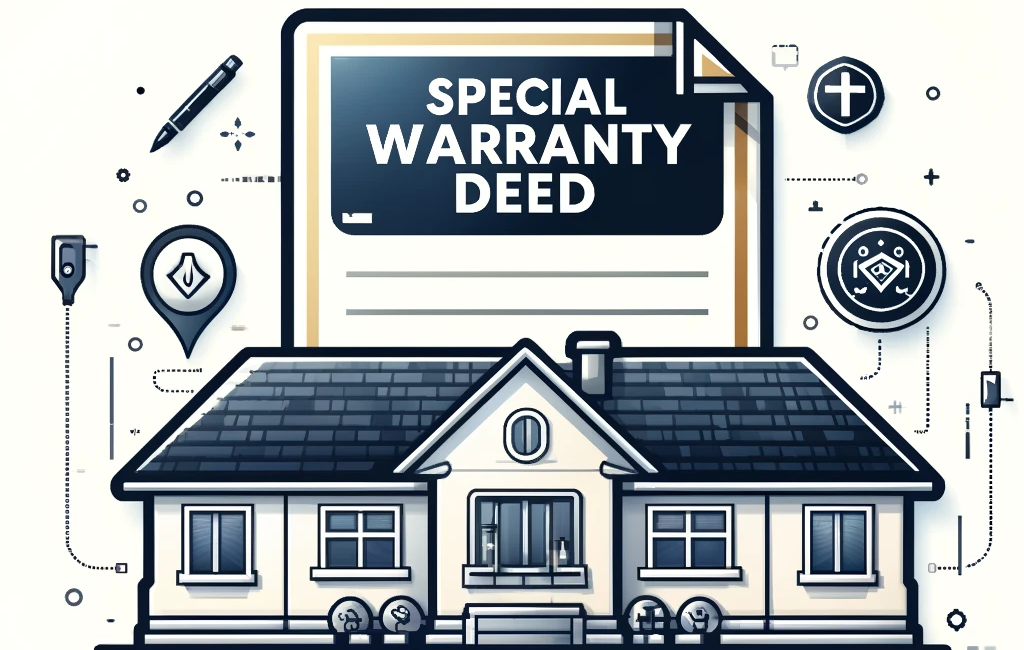Category: Special Warranty Deed
-

How Does a Limited Warranty Deed Work?
When you pass along a title with a limited warranty deed, you pass along assurances that the title has not been clouded under your watch. The limited warranty deed doesn’t offer the full set of title assurances that fortify a general warranty deed. But it carries higher assurances than a quitclaim — which doesn’t declare…


